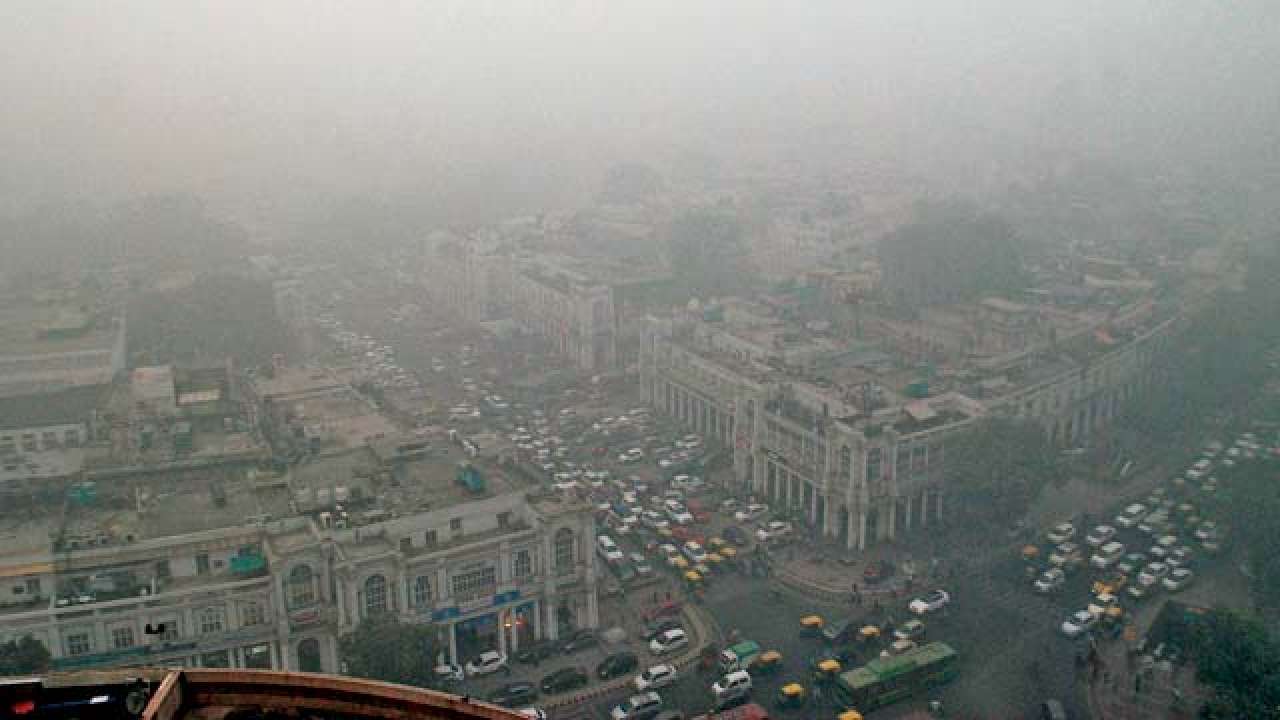
Weighty resolves at global meets and at public platforms have to be implemented at the grass-roots level to improve the lot of bedraggled, suffering Mother Nature. There is a need, therefore, for the common man’s touch; the dire urgency to make protection of the environment a mass movement, to involve every individual in his own small way, with his own small contribution. The approach, for a change, has to be to build the base of the environmental pyramid with a myriad of small contributions and gradually work towards the apex, so that the structure that is put in place is a living, breathing, self-sustaining organic whole.
I would like to focus the readers’ attention here on two terms: ‘Environment’ and ‘Environmental Health’. Though the two are inseparable, there is a difference. Though environment gets much attention and publicity, environmental health is less talked about. We must appreciate that the standards promulgated under various rules of The Environment Protection Act, 1986, to control air and water pollution and the disposal of waste are mostly health-based. Like the PM 10 and PM 2.5 standards, which are the most known and talked about, the underlying basis is human health, including the health and well-being of the most vulnerable and sensitive population.
All our major metros are experiencing a deterioration in air quality. The lack of focus on infrastructure and neglect of public transport over the years have led to greater dependence on personalised transport. A phenomenal increase in the number of cars (particularly SUVs) as well as two-wheelers has led to rising levels of polluting particulate matter. Several towns have lethal levels of PM 10 (100 micron gm/m3) and PM 2.5 (more than 60 micro gm/m3). As a result, chronic respiratory diseases are on the rise and more heart disease cases are being reported in the younger age groups. All this is imposing a severe strain on our already overburdened health-care systems. Another area of concern is the increasing level of noise pollution, which affects sleep quality and causes fatigue, irritability and frayed tempers.
The situation on the water availability front is also dire and gradually slipping out of control. In my assessment, this is a major environmental issue, which even technology will find difficult to handle. There has been such a rapid dip in groundwater levels that in some paddy cultivating areas the farmers are forced to drill extremely deep and end up with water laced with several pollutants — including arsenic. Poor quality of water both in rural and urban areas is also leading to higher infant mortality rates. We need to, therefore, urgently protect our reservoirs, aquifers and rivers from contamination and pollution. Our ancestors were aware of the importance of clean water sources and invested rivers with the status of ‘mother’. The discharge of untreated sewage and industrial effluents into water bodies is another critical problem that our government is trying to handle on a war footing. The Prime Minister’s call for Swachh Bharat and cleaning up of rivers is a monumental effort in this regard.
As far as solid waste disposal is concerned, there is a lot of ground to be covered. Most of our cities present a pathetic sight, with overflowing drains and garbage dumps and streets littered with trash. Our government is trying to reverse the situation, but it is the communities that have to shoulder the responsibility of keeping their areas clean and green.
There are many other issues which can be broached, but I will, in short, focus only on occupational and environmental health and chemical safety, which are of overwhelming concern. A clear understanding of the linkages between environmental hazards and adverse health outcomes will enable us to bridge the data gap, which is so critical for formulating policy. I would strongly advocate that all universities set up a department of environmental health and chemical safety. Environmental studies also need to be made an integral part of the school curriculum, so that concern for and protection of the environment become an integral part of the learning process. My priority in the days to come will be to take concrete steps in this direction, so that in the medium-to-long term we can come up with an adequate manpower pool to tackle the problems in this area.
I hope our people will understand and focus on all these issues and partner the government in its efforts. By simply turning vegetarian or by reducing meat consumption, we can contribute to a sizeable reduction in the carbon footprint. At the individual level, people can also resort to greater use of bicycles as well as public transport for commuting. A reduction in the use of air-conditioning, while keeping people healthier, will also help curb air pollution.
To sum up, I would like to remind the readers that the environment belongs to all of us and even more so to the future generations. Our ancestors handed over to us clean rivers, rich forests, clean air, and a rich and fertile land. They also gave us wisdom and insight for the protection and preservation of nature and environment. Due to our poor understanding and lack of commitment, we have ruined a large part of our great legacy. But all is not lost. We can still remedy the situation and the present environmental ills should serve as a wake-up call.
The author is Union Minister of Environment, Forest & Climate Change and also Minister of Science & Technology and Earth Sciences, Govt of India